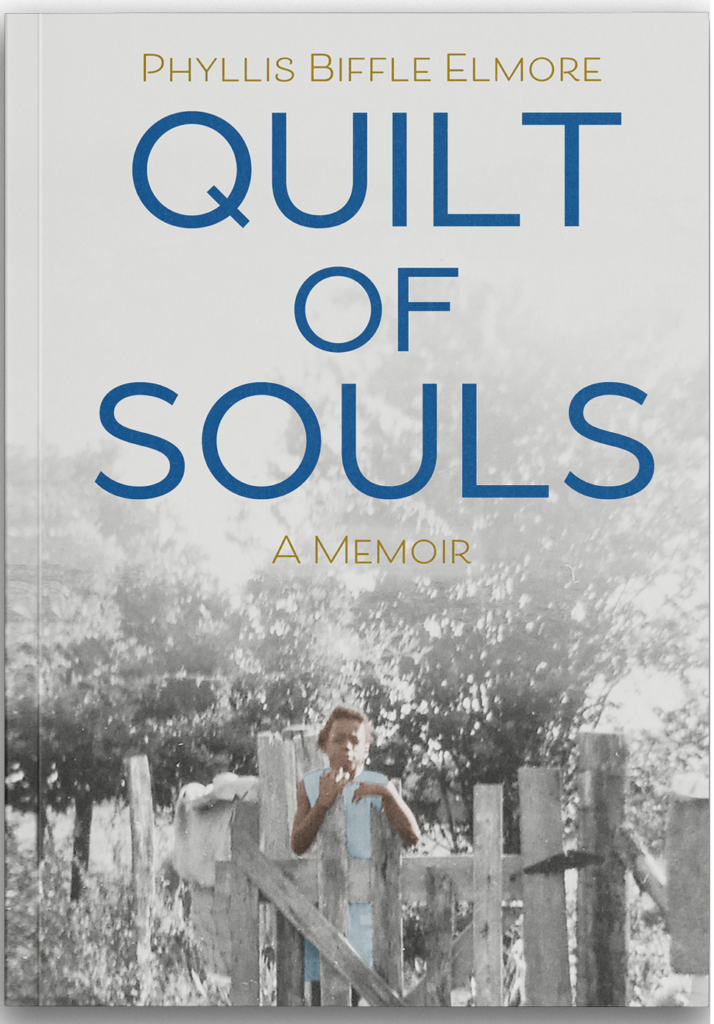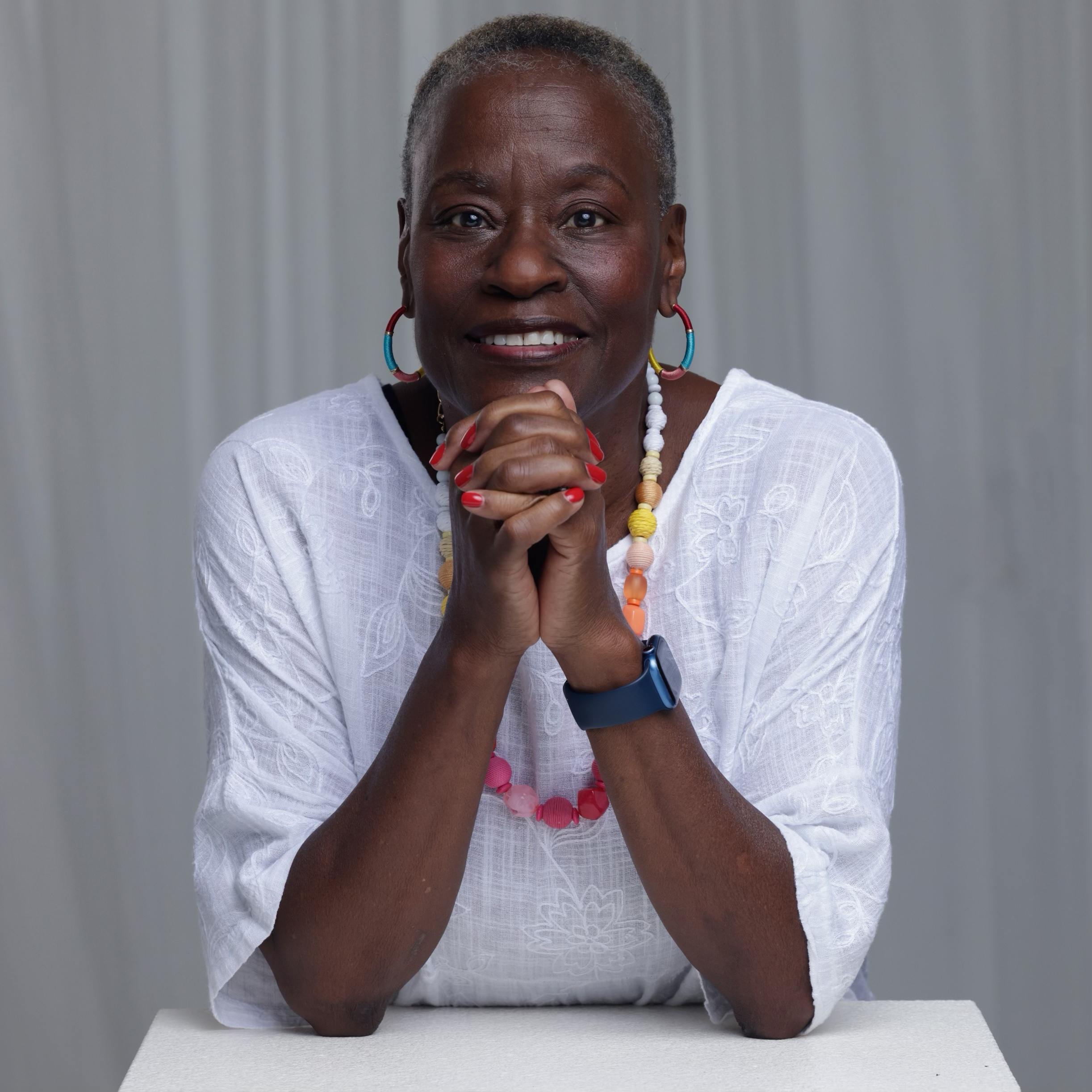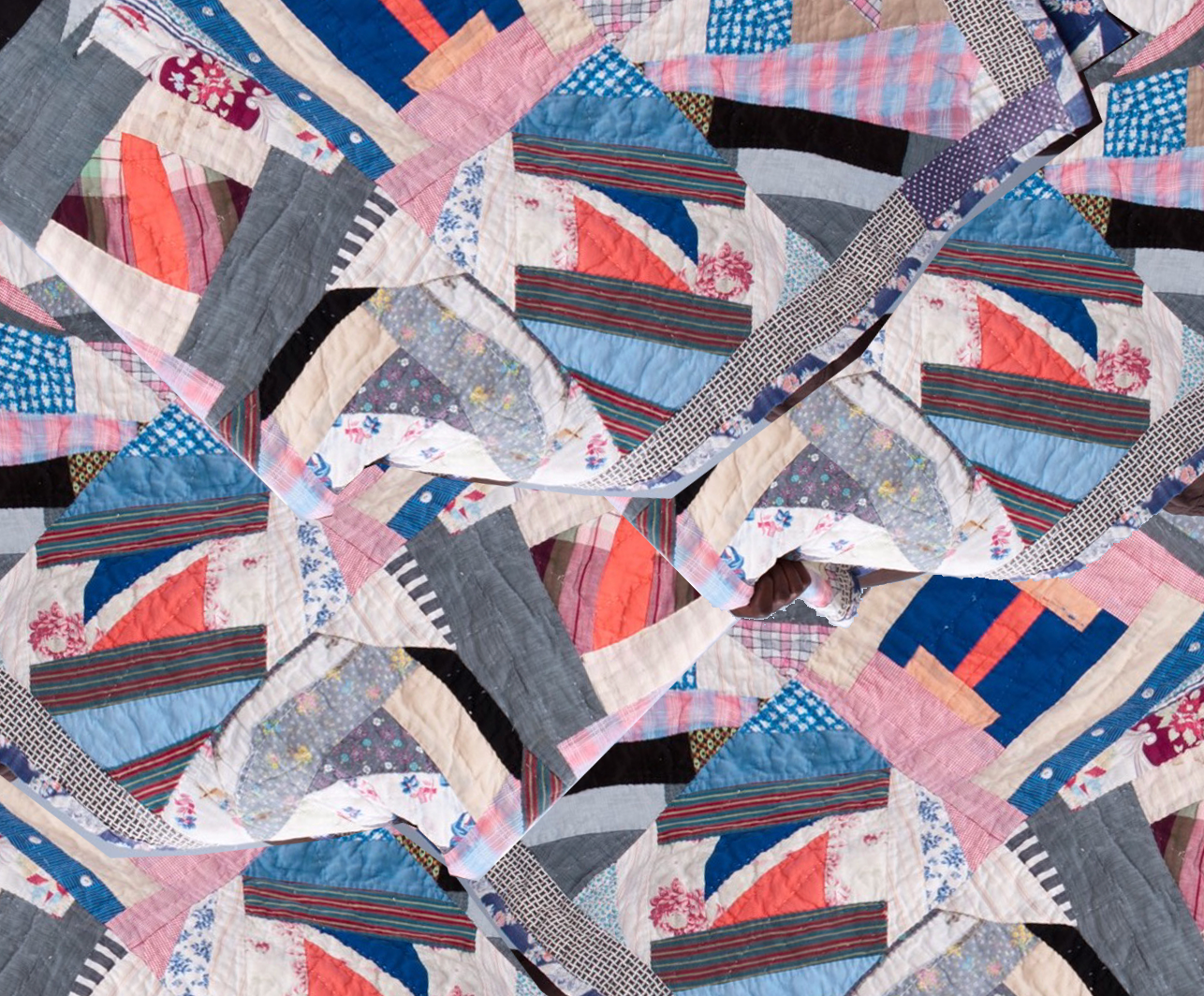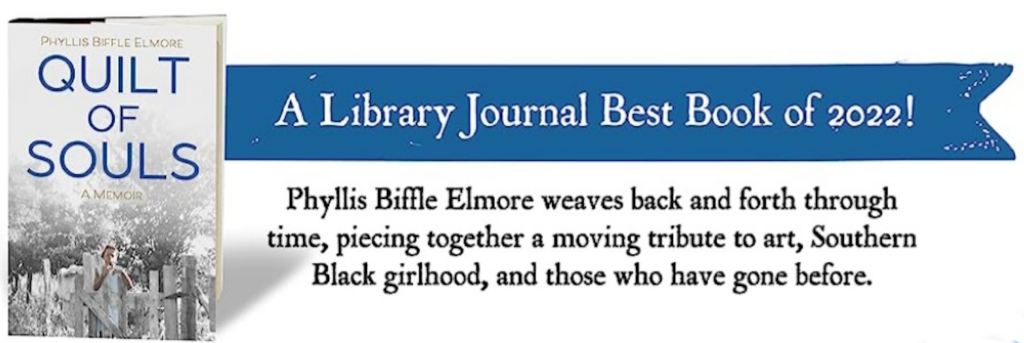
Phyllis Biffle Elmore
This is a great story and easy read, I had a hard time putting it down.
Presenting her thoughts to the world.


MORE ABOUT PHYLLIS
At age four, Phyllis Biffle Elmore was brought from her home in Detroit to the tiny town of Livingston, Alabama, to be raised by her grandmother, Lula Horn. Lonely and confused, she felt utterly abandoned until Grandma Lula enveloped her in all-encompassing love and a beautiful quilt. Phyllis listened intently to Lula’s epic stories of folks who had passed on and watched as her grandmother turned their clothing into breathtaking “quilts of souls” for their families.
Grandma Lula’s generosity of spirit, strong will, and creative soul animate every page of this marvelous memoir, which, like her quilts, paints portraits of extraordinary black women born before and after the Civil War—enslaved people, laundresses, storytellers, healers, and quilters whose stories have gone untold until now. Weaving back and forth in time, Phyllis stitches together true tales of racism, sexism, and colorism, but also strength and pride, creating a multigenerational patchwork honoring her family and ancestors. With significant history and mesmerizing storytelling, Quilt of Souls transforms oral tradition into a beautifully written document, powerfully presented and preserved for posterity.

Praise
“Like the women of Gee’s Bend, Alabama, who create masterpieces from cast-off fabrics, Phyllis Biffle-Elmore in Quilt of Souls: A Memoir uses snippets of history and fragments of memories to craft a narrative that is a powerful and poignant read.”
“Quilt of Souls reminds me of Maya Angelou’s I Know Why The Caged Bird Sings. The moving tales of hardship, kindness and the unconditional love of family and neighbor can’t help but touch the reader's heart in Biffle-Elmore’s memories of life with her extraordinary grandmother. I can’t wait to recommend Quilt of Souls to my own book club.”
Elmore's memoir of a childhood interrupted is profoundly moving, shedding light on a quintessentially American experience that is often overlooked. Sent from Detroit in the 1950s to live with her Grandma Lula Horn in rural Alabama, the little girl is nourished by the stories of family members who endeavored to survive the brutalities of the Jim Crow era. In the process of teaching her granddaughter how to honor the lives of their kith and kin in the patchwork quilts she crafts, Lula stitches Phyllistene's shattered spirit back together and helps her to forge an identity shaped by the redemptive power of forgiveness.
Quilts
Growing up in the country, I would observe four to six women sitting around the quilting horse sewing or repairing a quilt that they brought to my grandparents' front yard.

